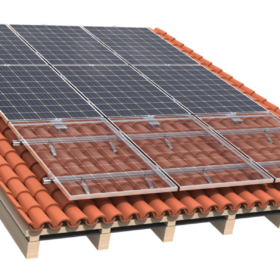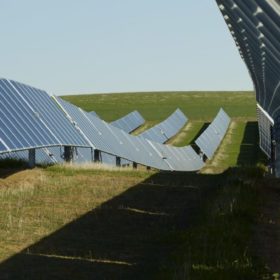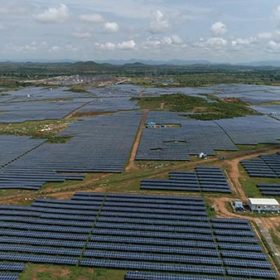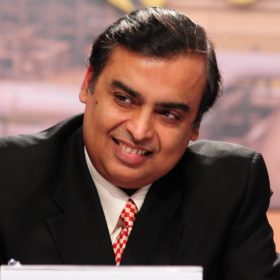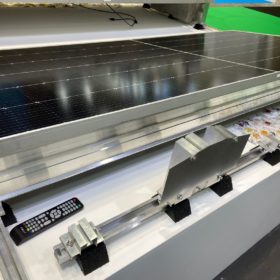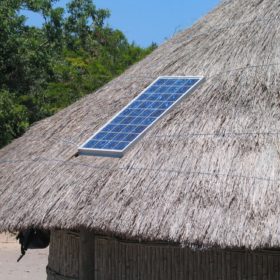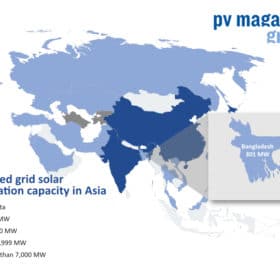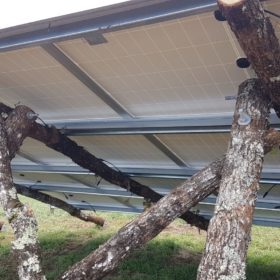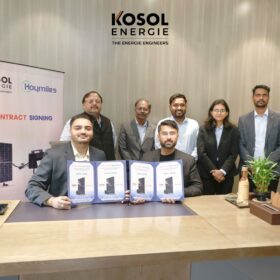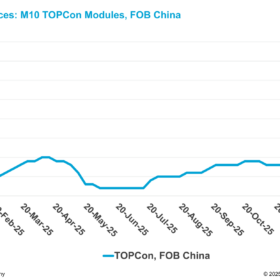Aerocompact unveils quick-mounting hook for PV arrays on pitched roofs
The device is claimed to be an ideal solution for deploying solar arrays on Mediterranean roof architecture.
Nextracker unveils new tracker for sloping ground
The NX Horizon-XTR tracker can be used with all types of modules and is claimed to be an ideal solution for sloping, uneven, and demanding terrain.
NTPC tenders BOS package with land for 1 GW of solar projects
Bidders have until February 3 to lodge their interest for the solar projects to be set up anywhere in India.
Reliance Industries to acquire sodium-ion battery provider Faradion
Reliance Industries said its solar unit will buy UK-based sodium-ion battery technology provider Faradion for GBP100 million (US$135 million) including debt, as the Indian conglomerate pushes forward with its ambitious plan to move into the renewable energy industry.
Mounting system for rooftop PV relying on large-size solar modules
Developed by Spanish manufacturer Alusín Solar, the new mounting system is claimed to be, currently, the only one on the market that provides six fixing points for a solar panel in ballast-secured structures.
New tracker design for agrivoltaics
Spanish company Axial Structural is introducing a new type of tracker for agrivoltaic installations. The product can be adapted to various ground conditions and gradients, with programmable to optimize light and shade for different crops in different climates.
Solar manufacturers warn of 12-18 months disruption for standalone products
Potential price rises of 14% for the solar home systems that are driving access to electricity in the world’s under-served regions could signal further arrested progress towards the UN goal of universal access by 2030.
JSW’s steel production dips as it prioritizes medical oxygen supply
The company’s capacity utilization was 5% lower than in March as it prioritized medical oxygen supply over augmenting steel production.
Government to finance 100 MW Bangladeshi solar plant
The federal government will provide INR968 crore of soft loans for a INR1307 crore, 100 MW solar park near the Jamuna river in Bangladesh’s Jamalpur district, where a second park of a similar size is being planned by Dhaka and a Chinese partner.
Solar park built on rough wooden structures comes online in France
French company Céléwatt energized its 250 kW ground-mounted array, built with mounting structures made of raw oak wood.
